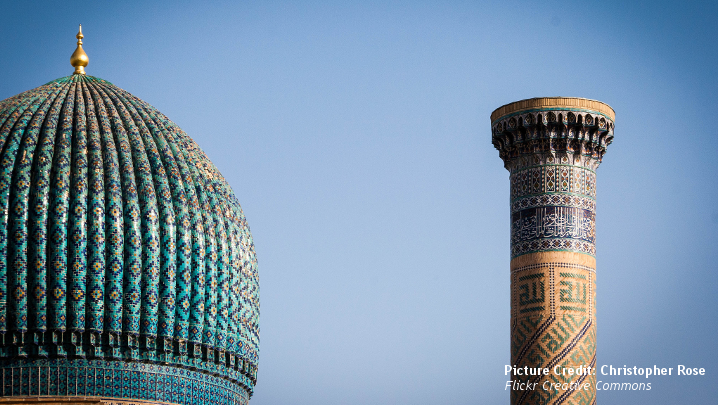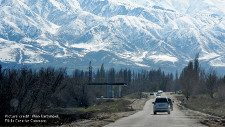Silk Road Studies Program

The Silk Road Studies Program focuses mainly on the western part of Eurasia, including Central Asia, the Caucasus, Turkey, Eastern Europe and the Baltic Sea region. It incorporates the Turkey Center. Together with the Central Asia-Caucasus Institute, the Silk Road Studies Program forms a Joint Transatlantic Research and Policy Center. It is the first Center of its kind in Europe and North America and is today firmly established as a leading center for research and policy worldwide, serving a large and diverse community of analysts, scholars, policy-watchers, business leaders and journalists.
From 2005-2017, the Joint Center was affiliated with the Paul H. Nitze School of Advanced International Studies of Johns Hopkins University.
The Joint Center has offices in Washington and Stockholm, and is affiliated with the American Foreign Policy Council and the Institute for Security and Development Policy.
Publications
The Central Asia-Caucasus Institute & Silk Road Studies Program publishes the biweekly Central Asia-Caucasus Analyst and the occasional Silk Road Papers series as well as monographs. Its Turkey Initiative publishes the biweekly Turkey Analyst.
Ranging from 50 to 150 pages in length, the Silk Road Papers are an avenue for the rapid publication of research in a concise and accessible yet rigorous manner. An average of six to ten Papers are produced yearly. The Papers are published electronically and in print, and are freely available online. The papers are published by the Central Asia- Caucasus Institute & Silk Road Studies Program.
Editorial correspondence should be addressed to the editor of the paper series, Dr. Svante Cornell.
ISDP Forums
The Silk Road Studies Program regularly invites scholars and distinguished experts to hold ISDP Forums concerning relevant and timely topics. In addition to these forums, the program also arranges conference and seminars.




